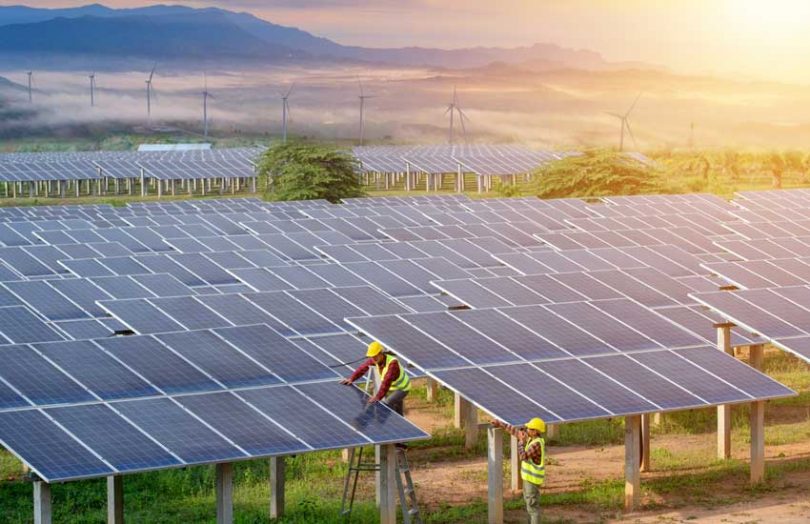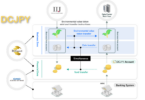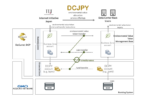South Africa-based blockchain firm Sun Exchange raised $3 million from London-based private equity firm ARCH Emerging Markets Partners, a TechCrunch report said. The investment marked the closure of the company’s Series A funding round, raising a total of $4 million.
Sun Exchange operates a buy-to-lease solar panel marketplace, enabling individuals from across the globe to invest in South Africa’s solar energy market. Solar panels typically have from 32 to 96 solar cells. Anyone can purchase a solar cell from Sun Exchange for an average cost of $5 per cell, which is then leased to local businesses.
“You as an individual are selling electricity to a school in South Africa, via a solar panel you bought through the Sun Exchange,” describes Abe Cambridge, founder, and CEO of Sun Exchange.
The platform has a peer-to-peer, cryptocurrency enabled business model. It meters the electricity generated by the solar panels, which is purchased by a designated customer in South Africa. The money is then transferred to the Sun Exchange wallet of the investor. In this case, the payment option is available in the local currency, the South African Rand, or Bitcoin.
Example installations include a Cape Town vineyard for refrigeration and a Cape Town school. Typical returns from electricity generation are around 12% over a twenty year period, assuming the solar panel lasts that long.
However, someone in the U.S. complained on Facebook that U.S. residents do not receive income, instead it goes to charity. Their issue was that this important detail was buried on page five of the terms. The Sun Exchange responded that the reason was to avoid being legally considered a security in the U.S. and said it shows in bold text when U.S. customers sign up.
The start-up is not a solar panel manufacturer but works with local suppliers to source the hardware. Its platform essentially connects investors, solar panel manufacturers, and consumers. Revenue comes from earning margins on solar panel sales and fees on electricity purchases.
There is a slight risk that too much of its income could come from the upfront installation. For example, in a recent project, according to our quick calculations, the cost of the solar panels at retail prices made up roughly half the money to be raised. There are still installation fees on top of that, but there is a significant margin.
It’s a little ironic that some of the income can be paid in energy-hungry bitcoin. But in 2018, Abe Cambridge estimated that 111 MegaWatt hours was needed to mine one bitcoin. He rationalized that money could generate 400 MegaWatt of green energy if invested in solar panels.
South Africa is facing an energy crisis that is causing blackouts. The national grid is under pressure, and the country has implemented load shedding in commercial and housing areas.
Sun Exchange plans to expand its platform to other African countries soon and has researched the Nigerian market. While the company does not say so, there is an impact investing angle on its platform. The start-up has ambitions to set up business in Latin America and Southeast Asia in the long-term.
Founded in 2015, Sun Exchange currently claims to have members in 162 countries and says it has generated over 2 million kWh to date.
The company also has a rewards token called SUNEX, which increases the purchasing and earning power on the Sun Exchange platform.
Another example of renewables cryptocurrency is the SolarCoin, which rewards clean energy producers with blockchain tokens for each unit of energy produced.
Update: details were added from Facebook about U.S. cell purchases not receiving income






